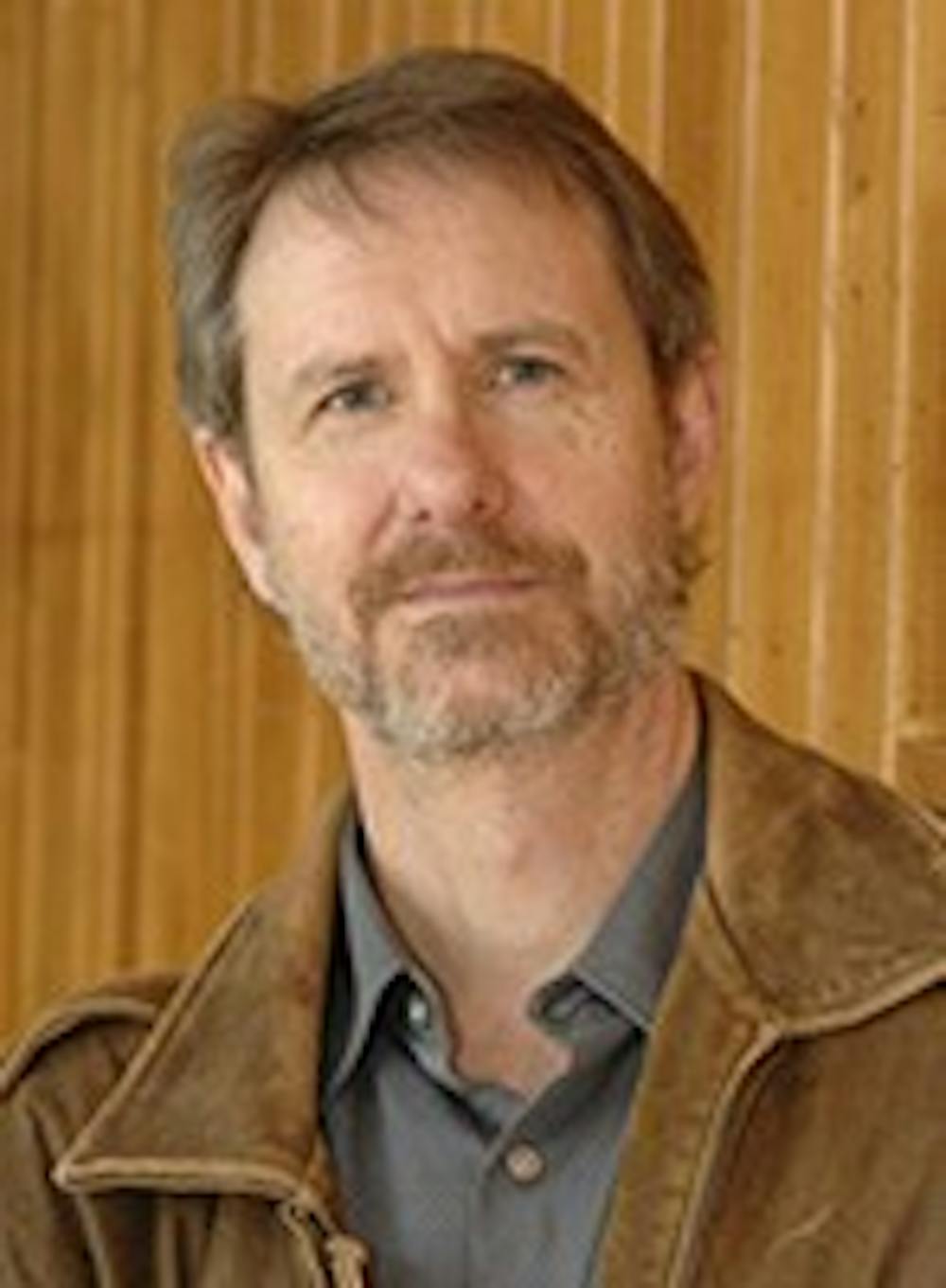I spent a lot of time in solitude, reading obviously, but also, I spent a lot of time outdoors by myself. I think in a way I was trained to be a writer even though I wasn’t conscious of it.
I enjoyed reading so much, I think it was like anyone who, for instance, listens to enough guitar music, that eventually you want to get up and try it for yourself.
So I picked up a pencil and wrote very derivative short stories. Sometimes I would have paragraphs with long sentences if I was reading Faulkner that week, and if they were Hemingway, five words. And that’s OK. I was just flexing those muscles. And I think a lot of times what’s underrated with writers is perseverance.
DTH: You have excelled in writing poetry, short stories and novels. Do you have a particular favorite, and why?
RR: Probably the form I enjoy the most is short story. It seems to me that it’s the hardest to do well. It’s the most challenging, I think, because you have to bring so much of what you bring to a poem, and so much of what you bring to a novel, and somehow fuse those things together.
There is very little margin for error, and yet, as in a novel, you have to give the reader a sense that the story is complete. And to do that in 10 or 15 pages is hard. The writers who do it the best — Flannery O’Connor, Chekhov, Joyce — when it happens, it’s miraculous. A story such as that is hard to find. There’s not one line out of place in those stories.
DTH: How do you feel about your book “Serena” being turned into a movie?
RR: It’s made my son very happy. He’s hoping to meet Jennifer Lawrence. He’s 26.
I think I’m more curious. I’ve deliberately stayed out of it because I just feel like they are probably very happy for me to stay out of it. I haven’t even read the screenplay. But I just feel like it’s not something I really know. But it’s going to be interesting. I am interested to see how they translate it.
I think a writer has to accept that it’s going to be a very different vision. Obviously everything cannot be included in a two-and-a-half-hour movie that’s in a 400-page book.
DTH: What’s the biggest piece of advice that you have for young writers?
RR: Patience. It’s human to want to publish quickly, you know, to get attention quick for your work, but I also think that if you don’t get that attention, and if you get discouraged and quit, you can never know what you could have been.
To get the day's news and headlines in your inbox each morning, sign up for our email newsletters.
Different writers develop at different paces, and you may be a writer that doesn’t hit your stride until say, 30. You may be a writer that can write your best work at 22 or 23, but that’s very rare.
When I was about 27, 26, I’d been writing semi-seriously, but I really came to a point in my life and I said, “Do I want to live my life risking it at something I may not be good at … or do I want to live my life not knowing if I could have done it?” And I would rather have failed at it than not know if I could do it.
arts@dailytarheel.com




